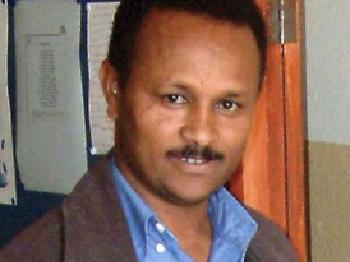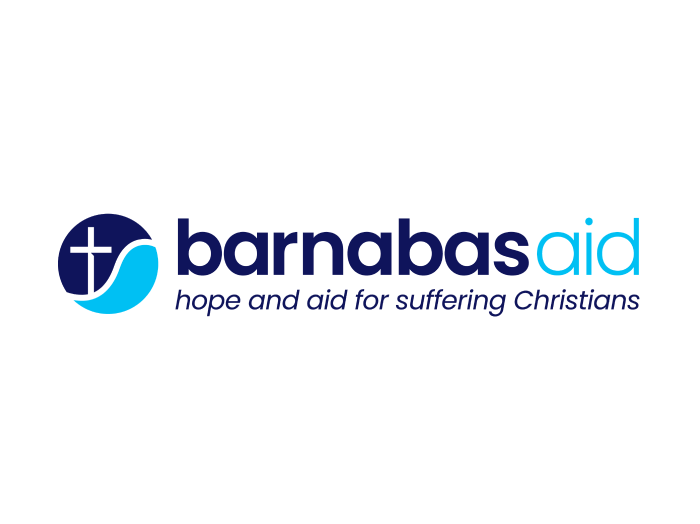An Eritrean pastor, now resettled in Australia, has described how Christians are tortured, starved and forced into hard labour in Eritrea’s notorious jails, and how his faith sustained him during long years of cruel incarceration.
“Gabriel” was first imprisoned in 1998 when he was rounded up with his church congregation and detained for a month. His next jail term was supposed to last six months but went on for three agonising years, because he was a pastor.
He told Barnabas prisoners were given only small amounts of food every 18 hours, yet they were all forced to do back-breaking manual work collecting stones for building materials. “Sometimes you break the stones with a heavy hammer. You hear a sound here, in your back, because everyone has malnutrition,” he said. The guards discriminated against Christian believers, refusing them medical treatment if they fell sick.

Like thousands of other Christian prisoners in Eritrea, Gabriel was held in a metal shipping container by authorities. He described the stress of two weeks he was locked in a container by prison authorities, in solitary confinement, with baking hot temperatures during the day and freezing cold at night. He begged the guards to allow him some painkillers but they refused.
As a pastor and theological graduate, Gabriel was singled out for beatings. On one occasion he was tied up on the orders of the colonel in charge of the jail who then hit him repeatedly on the head with a stick for an hour “like a donkey” in front of 230 other prisoners “to make them afraid”. A sympathetic nurse who treated Gabriel’s wounds urged him to renounce his Christian faith in order to stop the beatings, and resume it again when he was released from prison. But Gabriel refused to deny the Lord who had laid down His life for him.
He recalls other Christians received similar treatment. Two converts who made the decision to follow Christ while they were in jail were beaten for three days and tortured by having cold water poured on them each night in punishment, but they stood firm in their faith. “Whatever you like you can do [to us], for now we are born-again Christians,” they said. Eventually the guards gave up their torture campaign and released them saying, “We cannot not stop this Christian thing.”
Bibles were forbidden in prison and the discovery of any Scripture resulted in severe punishment. Gabriel recalls how the Christian prisoners divided up a Bible and hid it underneath their bedding. He was sustained by the book of Revelation, which he taught to other prisoners.
At times Gabriel struggled with his faith. He said, “Sometimes you dispute with God, why you let me go through this hardship? … But when you start reading the Bible, when you pray devotion daily, automatically your mind clicks, you are in the main way – the way you are supposed to go.”
A few years after his release, Gabriel became aware that there were plans to arrest him yet again, and therefore fled Eritrea for Kenya, before he eventually resettled in Australia.
In Eritrea, since religious registration policies were introduced in 2002, only three Christian denominations are legally permitted – Roman Catholic, Orthodox and Lutheran – as well as Sunni Islam. In June 2019, the latest victims of an ongoing government crackdown on Christians in Eritrea were women, some pregnant, and children who were arrested by security forces in a raid on a church in the city of Keren.
From Barnabas Fund contacts

